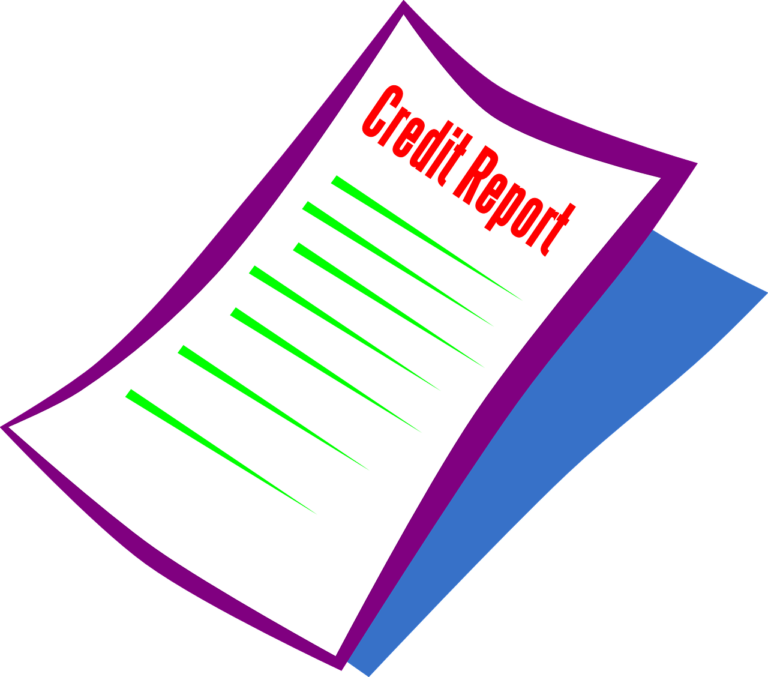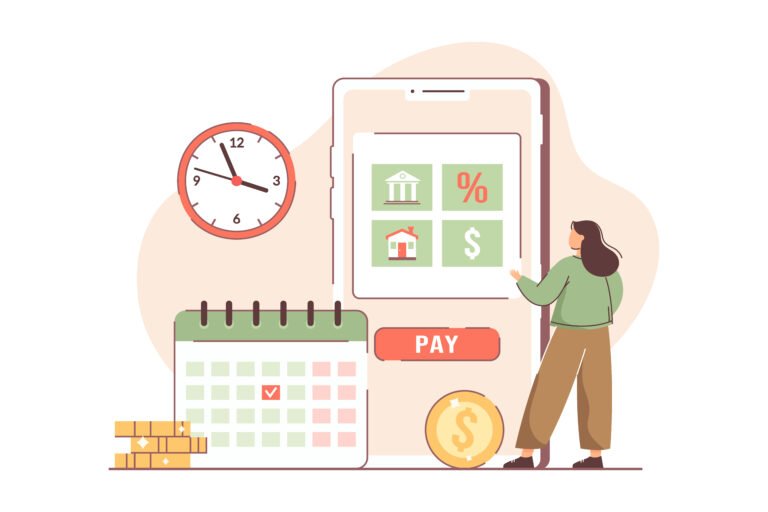Can Debt Relief Hurt Your Credit?
Debt can be a heavy burden to bear, and many people turn to debt relief options to help them achieve financial freedom. However, there is often a concern about how these options may impact one’s credit score. In this article, we will explore the question, “Can debt relief hurt your credit?” and provide insights into the potential effects of debt relief on your credit.
Understanding Debt Relief
Before we dive into the impact of debt relief on credit, let’s first define what debt relief is. Debt relief is a general term that refers to any method or strategy used to help individuals or businesses manage or eliminate their debt. This can include debt consolidation loans, debt settlement, credit counseling, and bankruptcy.
Debt relief options are often sought out by individuals who are struggling to make payments on their debts or who have accumulated a significant amount of debt. These options can provide a way to reduce the overall amount owed, lower interest rates, and create a more manageable payment plan.
Debt Consolidation Loans
by PiggyBank (https://unsplash.com/@piggybank)
One popular form of debt relief is a debt consolidation loan. This involves taking out a new loan to pay off multiple existing debts. The idea is to combine all of your debts into one loan with a lower interest rate and a single monthly payment.
While this can make it easier to manage your debt and potentially save money on interest, it is important to note that taking out a new loan will result in a hard inquiry on your credit report. This can temporarily lower your credit score, but the impact is usually minimal and can be offset by making timely payments on the new loan.
Debt Settlement
Debt settlement is another form of debt relief that involves negotiating with creditors to settle your debts for less than the full amount owed. This can be a viable option for those who are unable to make payments on their debts and are facing the possibility of bankruptcy.
However, debt settlement can have a significant impact on your credit score. When you settle a debt for less than the full amount owed, it will be reported as “settled” on your credit report, which can be seen as a negative mark. Additionally, if you stop making payments on your debts in order to negotiate a settlement, this will also have a negative impact on your credit score.
Credit Counseling
Credit counseling is a form of debt relief that involves working with a credit counselor to create a budget and develop a plan to pay off your debts. This can be a helpful option for those who need guidance and support in managing their debts.
Credit counseling itself does not have a direct impact on your credit score. However, if you enroll in a debt management plan through a credit counseling agency, this will be noted on your credit report and may be seen as a negative mark by lenders.
Bankruptcy
by Towfiqu barbhuiya (https://unsplash.com/@towfiqu999999)
Bankruptcy is often seen as a last resort for those struggling with debt. It involves filing for bankruptcy and having a court oversee the process of liquidating assets or creating a repayment plan to pay off debts.
Bankruptcy can have a significant impact on your credit score and can stay on your credit report for up to 10 years. It is seen as a major negative mark and can make it difficult to obtain credit in the future.
How Debt Relief Can Impact Your Credit
Now that we have a better understanding of the different forms of debt relief, let’s explore how they can impact your credit score.
Hard Inquiries
As mentioned earlier, taking out a new loan or enrolling in a debt management plan can result in a hard inquiry on your credit report. This is when a lender or creditor pulls your credit report to assess your creditworthiness.
While hard inquiries can temporarily lower your credit score, the impact is usually minimal and will fade over time. It is important to limit the number of hard inquiries on your credit report, as multiple inquiries within a short period of time can be seen as a red flag to lenders.
Payment History
by Kaysha (https://unsplash.com/@kaysha)
Your payment history is one of the most important factors in determining your credit score. Making timely payments on your debts is crucial for maintaining a good credit score. However, if you are struggling to make payments and turn to debt relief options, this can have a negative impact on your payment history.
For example, if you enroll in a debt management plan, your credit report will show that you are making payments through a third party, rather than directly to your creditors. This can be seen as a negative mark and may lower your credit score.
Credit Utilization
Credit utilization refers to the amount of credit you are using compared to your total available credit. It is recommended to keep your credit utilization below 30% to maintain a good credit score.
When you take out a debt consolidation loan, you may be able to pay off multiple credit card balances, which can lower your credit utilization and potentially improve your credit score. However, if you are unable to make payments on the new loan, this can have a negative impact on your credit utilization and lower your credit score.
Negative Marks
As mentioned earlier, debt settlement and bankruptcy can result in negative marks on your credit report. These can significantly lower your credit score and make it difficult to obtain credit in the future.
It is important to note that negative marks on your credit report can also impact your ability to secure employment, rent an apartment, or obtain insurance. Therefore, it is important to carefully consider the potential consequences of debt relief options before pursuing them.
How to Minimize the Impact of Debt Relief on Your Credit
While debt relief options can have a negative impact on your credit, there are steps you can take to minimize this impact.
Make Timely Payments
by Clay Banks (https://unsplash.com/@claybanks)
As mentioned earlier, your payment history is a crucial factor in determining your credit score. Making timely payments on your debts, whether through a debt management plan or on a new loan, can help improve your credit score over time.
Limit New Credit Inquiries
As mentioned earlier, multiple hard inquiries on your credit report can be seen as a red flag to lenders. Therefore, it is important to limit the number of new credit inquiries you have, especially if you are already struggling with debt.
Monitor Your Credit Report
It is important to regularly monitor your credit report to ensure that all information is accurate and up-to-date. If you notice any errors or discrepancies, you can dispute them with the credit reporting agencies to have them corrected.
Seek Professional Guidance
If you are considering debt relief options, it is important to seek professional guidance from a reputable credit counselor or financial advisor. They can help you understand the potential impact on your credit and provide guidance on how to minimize this impact.
Conclusion
In conclusion, debt relief can have a significant impact on your credit score. While some options, such as debt consolidation loans, may have a minimal impact, others, such as debt settlement and bankruptcy, can have a major impact on your credit.
It is important to carefully consider the potential consequences of debt relief options and seek professional guidance before making any decisions. By making timely payments, limiting new credit inquiries, and monitoring your credit report, you can minimize the impact of debt relief on your credit and work towards achieving financial freedom.







